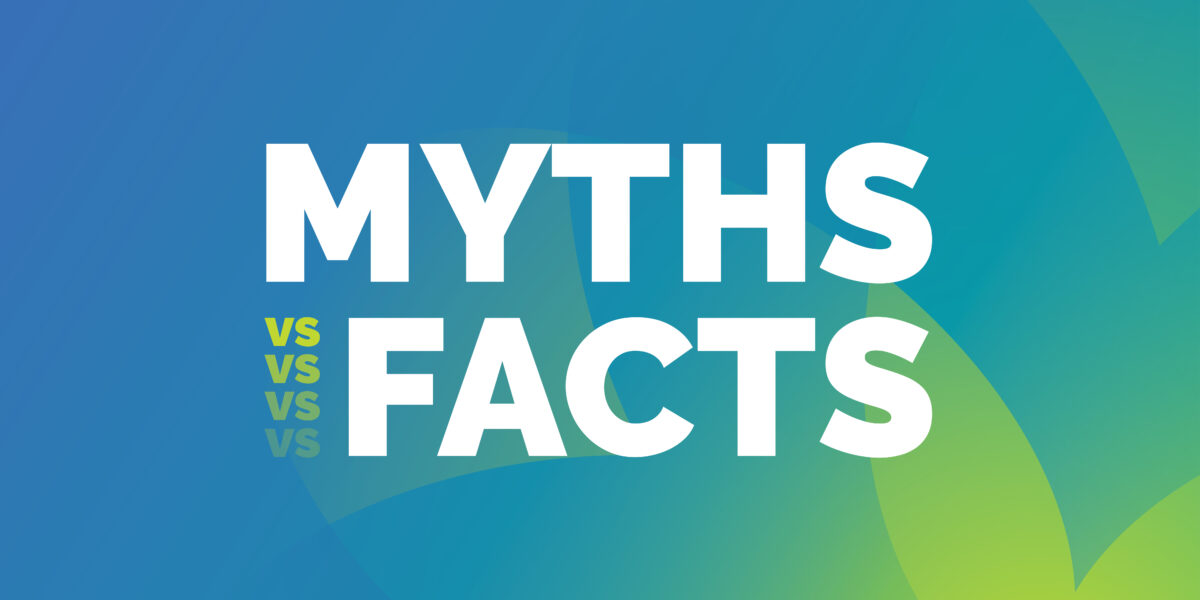Login
Stroke Program
Preventing Stroke
Knowing your risk factors can reduce the chance of a stroke.
Risk Factors You Can't Change
Risk Factors You Can Change
Other Risk Factors
Talk to us and together we can help you lower your risks for stroke.



.png/_jcr_content/renditions/cq5dam.thumbnail.319.319.png)

Related Content
BOTOX® Cosmetic is now available at two ChristianaCare Outpatient Neurology practices – Whitehall and the HealthCare Center at Christiana. Treatments will be self-pay only. Introductory pricing is available for a limited time.

